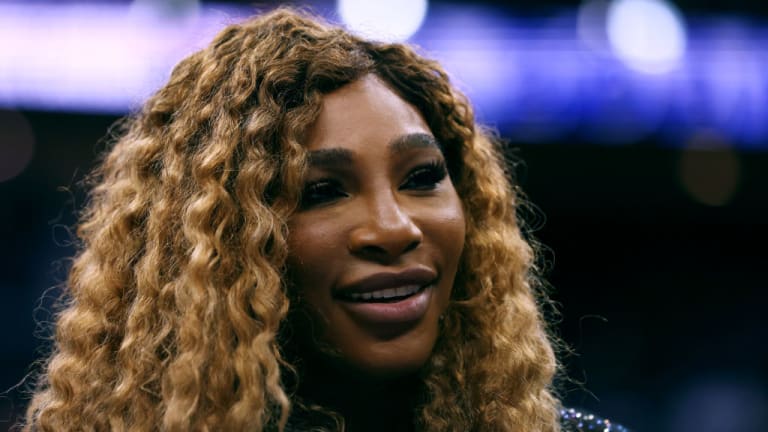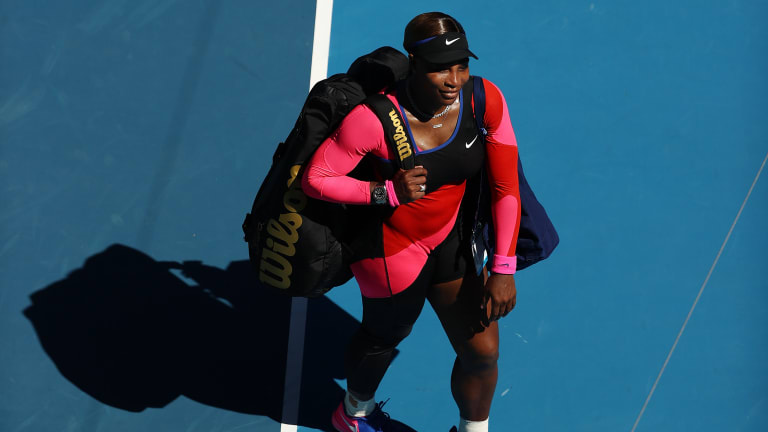10 Burning Questions in 2022
10 Burning Questions in 2022: Will Serena Williams play again?
By Jan 03, 202210 Burning Questions in 2022
10 Burning Questions in 2022: Will the PTPA become a factor in the sport?
By Jan 07, 202210 Burning Questions in 2022
10 Burning Questions in 2022: Could this be the ATP season when we finally see a transition from the Big Three to the next generation?
By Jan 06, 202210 Burning Questions in 2022
10 Burning Questions in 2022: What does a WTA calendar look like without China?
By Jan 05, 202210 Burning Questions in 2022
10 Burning Questions in 2022: Is it time for Coco Gauff to deliver?
By Jan 04, 202210 Burning Questions in 2022
10 Burning Questions in 2022: Which of the Russians will fare best on the ATP?
By Dec 31, 202110 Burning Questions in 2022
10 Burning Questions in 2022: What kind of impact will Emma Raducanu and Leylah Fernandez have?
By Dec 30, 202110 Burning Questions in 2022
10 Burning Questions in 2022: Will next season produce another first-time Grand Slam singles champion?
By Dec 29, 202110 Burning Questions in 2022
10 Burning Questions in 2022: What can we expect from Naomi Osaka’s return to tennis?
By Dec 28, 202110 Burning Questions in 2022
10 Burning Questions in 2022: Can we expect a Rafael Nadal rebound?
By Dec 27, 202110 Burning Questions in 2022
10 Burning Questions in 2022: Will Serena Williams play again?
She won't be playing the Australian Open, along with her sister Venus. "She doesn’t owe anybody anything," says her sister Isha Price.
Published Jan 03, 2022
Advertising
Advertising

Serena at the Legacy Classic HBCU Basketball Invitational at Prudential Center on December 18, 2021 in Newark, New Jersey.
© 2021 Getty Images
Advertising

“If I ever say farewell, I wouldn’t tell anyone,” said Serena Williams after her departure from the 2021 Australian Open.
© Getty Images